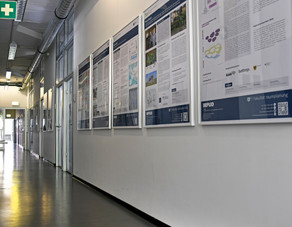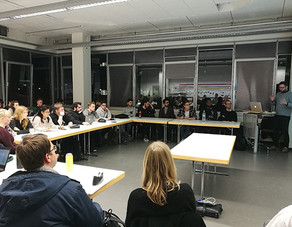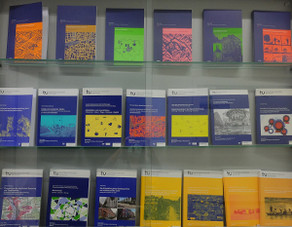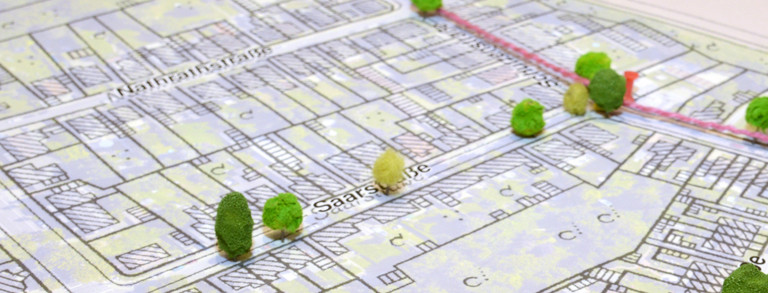ICOLMA - Impact of COVID19 on livelihoods, mobility and accessibility of marginalised groups
Project duration: 04/2022 to 03/2025
Mobility is more than movement. It determines the livelihood of individuals in cities - how they get access to various necessary social and economic services and opportunities. The outbreak of the COVID-19 pandemic has shown our major dependency on mobility as a means of access to places of livelihood, yet the pandemic also showed options for a higher resilience in the form of virtual access. While accessibility is traditionally understood as consisting of four interrelated components linked to individual characteristics, spatial characteristics, transport mode characteristics as well as temporal characteristics of mode and activity availability, during the pandemic and beyond, a fifth component of virtual access is gaining ground. Arguably it is in the interplay and in the complementarity of these five dimensions where resilience lies, but for whom?
First insights suggest that marginalised groups have suffered most from the pandemic and related lock-down rules. However, knowledge on the complex ways in which the pandemic and lock-down rules have actually affected their livelihoods through both direct mobility restrictions and indirect effects of reduced mobility on the functioning of other infrastructures and services as well as access to income generating activities, is largely lacking. The same applies to the specific ways marginalised groups have been able to cope with these effects, e.g. through virtual technologies.
Therefore, ICOLMA explores and compares the impact of the COVID-19 pandemic on the mobility, accessibility and livelihoods of marginalised groups in Cape Town (South Africa), Ruhr Area (Germany) and São Paulo (Brazil) through a mixed methods approach. The aim is to understand the changing roles of physical access for urban marginalised groups in pandemic times on their livelihood and the role of virtual access therein. Based on these analyses we will recommend measures toward equitable accessibility that support and improve the resilience of marginalised groups across the globe. These measures will be discussed with and be disseminated to a broader public audience.
| Funding agency | Federal Ministry of Education and Research (BMBF)
|
| Projectpartner | • IPS, TU Dortmund University, Germany • University of Cape Town, Cape Town, South Africa • University of Western Cape, Bellville, South Africa • Universidade Federal do ABC, São Paulo, Brazil
|







